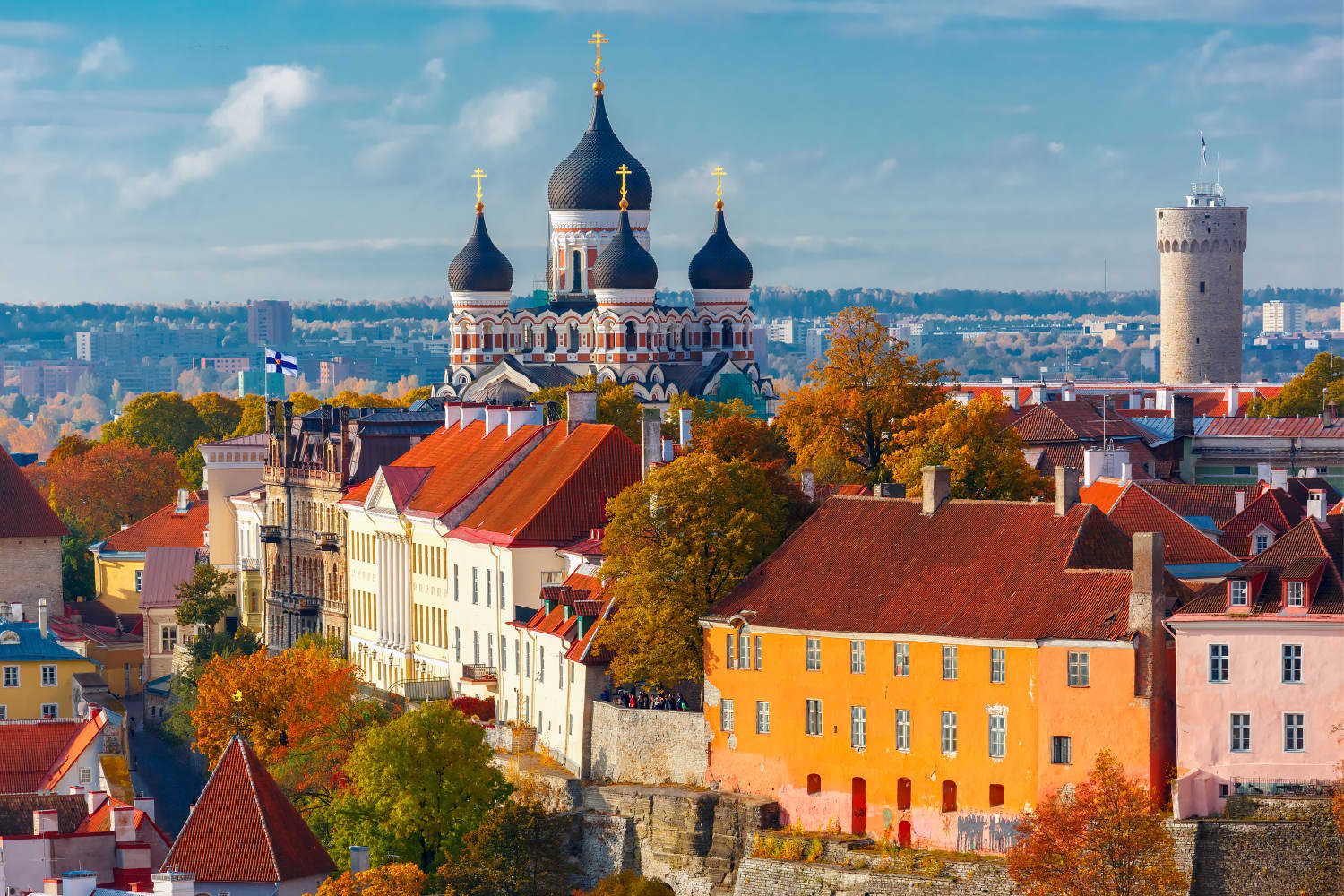
From an emergency measure that was going to last a few weeks to a permanent situation in many workplaces, remote working is a positive aspect of the new normal for many people. As well as being able to wear pajamas to the office, one perk of being able to work from anywhere is the potential to live wherever you want, or at least wherever there's good internet.
Barbados' 12-month 'Welcome Stamp' incentive opened people's minds to working abroad, and now it seems like a host of other countries are seeing remote workers as part of their future, too. Here are a few to consider if you're looking for a change of scenery when the COVID-19 pandemic dies down.
If you still want to move to an island but would rather not have to deal with the rainy season (which runs from June to November in Barbados), Bermuda might be right up your street.
Launched on August 1, Bermuda's 'One-Year Residential Certification' program lets remote workers and post-secondary students live in a tropical part of Britain's Overseas Territory —as long as they pay a once-off $263 fee. Some people might even be lucky enough to have their residency renewed after the year is over.
To qualify, applicants must either prove employment with a legitimate firm, own their own company, or, in the case of students, confirm enrollment in an undergraduate, graduate, doctorate, or research program. They should also be able to "demonstrate good character" and prove that they have a continuous source of annual income.
One more thing: before you can turn Bermuda's famous pink sand beaches into your office, you'll need to test for COVID-19 both prior to getting on the plane and on arrival, as well as at regular intervals afterward. You'll also have to take your temperature twice a day and share the results via an online portal.
If island life (or a surprisingly high cost of living) doesn't quite appeal to you, consider relocating to Estonia, a small Baltic state. Estonia is known as one of the world's most technologically advanced countries (it was the first country to offer e-residency), so you definitely won't have to put up with slow internet. Plus, it's almost 40 percent cheaper to live in Estonia than in the U.S.
Estonia's 'Digital Nomad Visa,' which is an extension of its e-Residency program, will allow people whose job doesn't require their physical presence in a specific geographic location to live in the country for a year. Successful applicants will also be allowed 90 days of travel across the Schengen area, so you can finally visit all those European countries on your bucket list.
The country is willing to welcome almost 1,800 people who apply for the Digital Nomad Visa. So, how can you make sure that you're one of them? As long as you can prove that you're a remote worker that makes at least €3,504 or around $4,150 (gross of tax) a month, there's no reason why your application wouldn't be accepted. If successful, you'll need to quarantine for 14 days.
Georgia is another country that's currently welcoming remote workers (especially freelancers and self-employed individuals) from all countries—provided that they plan on staying there for at least six months.
According to Georgia's official government website, an online platform for applications has already been developed but doesn't seem to be available to the public just yet. When it does become available, applicants will need to fill out an application form and get a preliminary confirmation required to cross the border. When filling out the online form, individuals will need to supply personal information, proof of employment, and a letter in which you consent to quarantine for 14 days upon arrival.
Renowned for its beautiful mountains, fascinating history, and culture that melds the best of Europe and Asia, Georgia, and in particular its ornate capital Tbilisi, is making rapid strides towards modernization and is renowned for the warm welcome it gives to foreigners.
Georgia also appears to be one of the world's safest countries as far as COVID-19 is concerned. According to Natela Turnava, Georgian minister of economy and sustainable development, "Georgia has the image of an epidemiologically safe country in the world and we want to use this opportunity. We are talking about opening the border in a way to protect the health of our citizens, but, on the other hand, to bring to Georgia citizens of all countries who can work remotely."
Source: apartmenttherapy.com


Комментариев нет:
Отправить комментарий